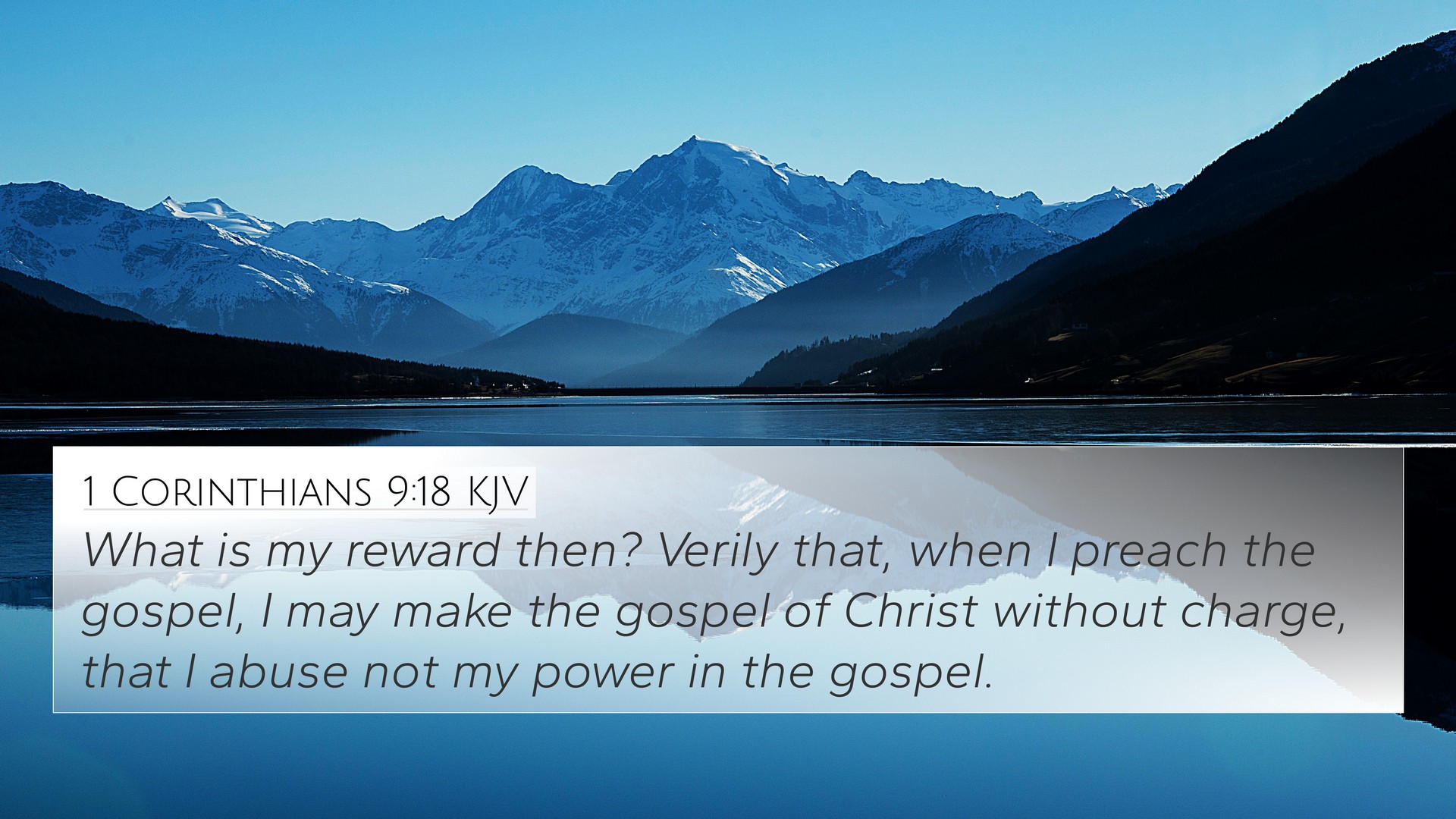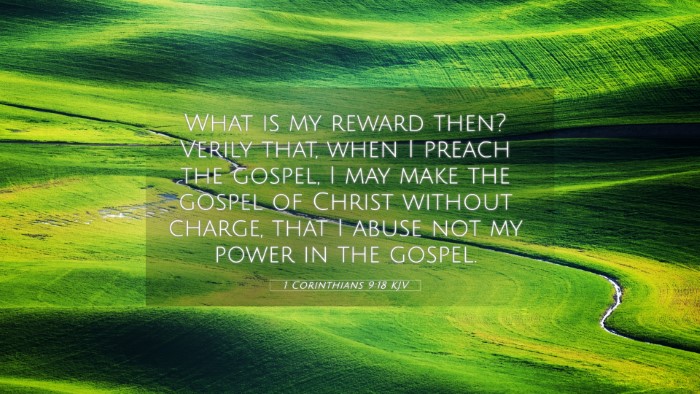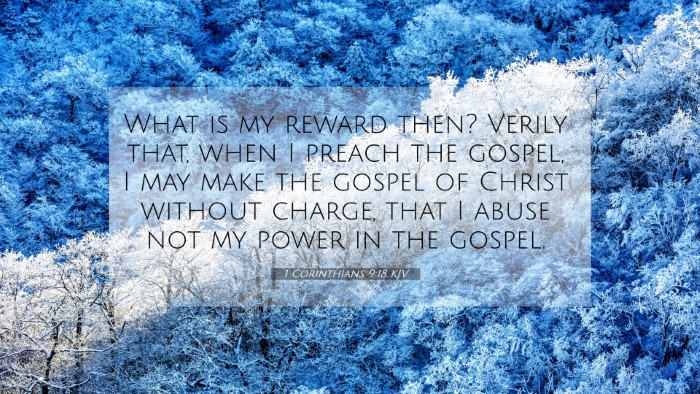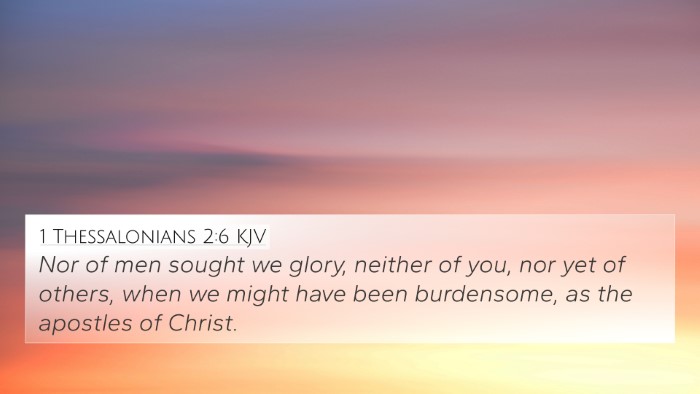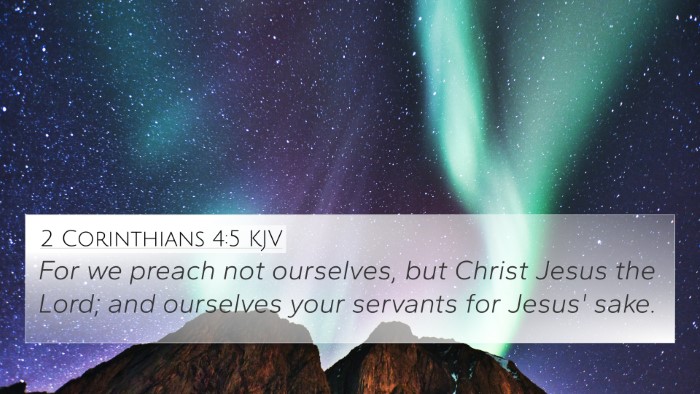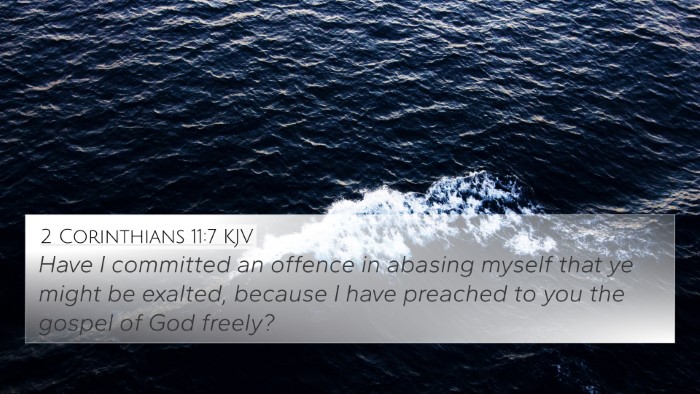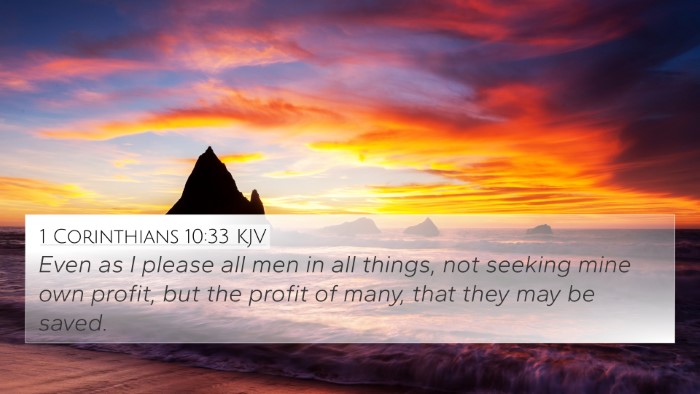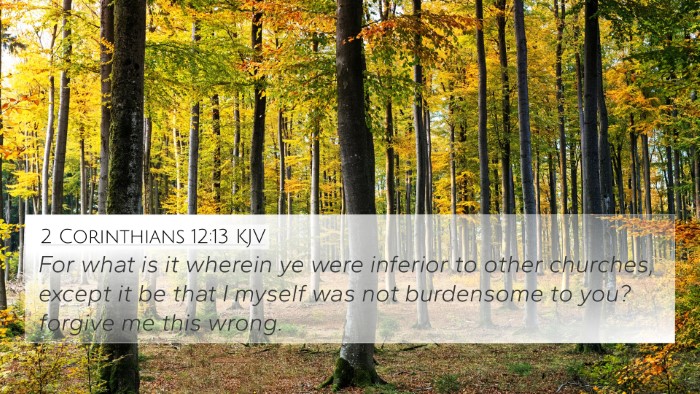Understanding 1 Corinthians 9:18
1 Corinthians 9:18 states, "What is my reward then? Truly, that, when I preach the gospel, I may make the gospel of Christ without charge, that I abuse not my power in the gospel." This verse reflects the Apostle Paul's commitment to preaching the gospel without seeking personal gain, emphasizing the integrity of his mission.
Summarized Insights from Public Domain Commentaries
Matthew Henry
Matthew Henry notes that Paul prioritized the spread of the Gospel over personal reward. He expresses that preaching the Gospel should not be motivated by financial gain but out of a sense of duty to God and humanity. Paul’s intent to not charge for his services is reflective of a greater principle in ministry, which is to serve selflessly.
Albert Barnes
Albert Barnes explains that Paul's practice to preach without receiving compensation had a dual purpose: it allowed him to avoid any hindrance to the Gospel message and also served to enhance his credibility among the believers. He believed that a preacher should be motivated by the message rather than material reward.
Adam Clarke
Adam Clarke emphasizes that Paul’s avoidance of financial gain was a deliberate choice aimed at setting an example for others. Clarke notes that when ministers demand payment, it may detract from the spiritual importance of their message. Paul’s focus on the free sharing of the Gospel illustrates the essence of Christian service—the priority of spreading the message of Christ over personal benefits.
Bible Verse Cross-References
- 2 Corinthians 11:7-9: Paul discusses how he did not take support for preaching to the Corinthians.
- 1 Thessalonians 2:9: Paul reminds the Thessalonians of his labor and toil while preaching among them.
- Acts 20:33-35: Paul mentions that he coveted no man's silver or gold and worked to support himself.
- Galatians 1:10: Paul asserts that he seeks to please God rather than men, emphasizing his commitment to the Gospel.
- Philippians 4:15-17: Paul acknowledges the support he has received, highlighting it is not for gain but for their spiritual growth.
- Matthew 10:8: Jesus instructs His disciples to freely give as they have freely received, reinforcing the principle of selfless service.
- Luke 10:7: Jesus advises that a worker is worth his wages, showing the tension between reward and mission integrity.
- Romans 1:16: Paul declares he is not ashamed of the Gospel, emphasizing its importance over personal gain.
- 1 Peter 5:2: Peter instructs elders to shepherd willingly and not for dishonest gain.
- 1 Timothy 6:10: Paul warns that the love of money is the root of all evil, aligning with Paul's teaching on ministry integrity.
Thematic Bible Verse Connections
This verse highlights key themes in the Bible regarding the relationship between ministry and financial support. It fosters an understanding of the Gospel's integrity and the selflessness expected from those who preach it. These themes reflect throughout various scriptures, indicating the continuity of messages about service, sacrifice, and the priority of spiritual wealth over material wealth.
Cross-Referencing Biblical Texts
To fully grasp the implications of 1 Corinthians 9:18, it is beneficial to engage in cross-referencing Bible study. By exploring the connections between this verse and others, one can gain a comprehensive understanding of Pauline theology and its application to ministry today.
Tools for Bible Cross-Referencing
Using tools like a Bible concordance or a Bible cross-reference guide can enhance your study. These resources provide valuable insights into how verses relate to one another, making it easier to identify thematic connections and cross-references for deeper understanding.
Conclusion
In conclusion, 1 Corinthians 9:18 encourages believers to reflect on their motivations for service and the importance of preaching the Gospel selflessly. By using resources and engaging in comparative Bible verse analysis, one can uncover the profound connections within Scripture, enriching personal faith and understanding of God's Word.
